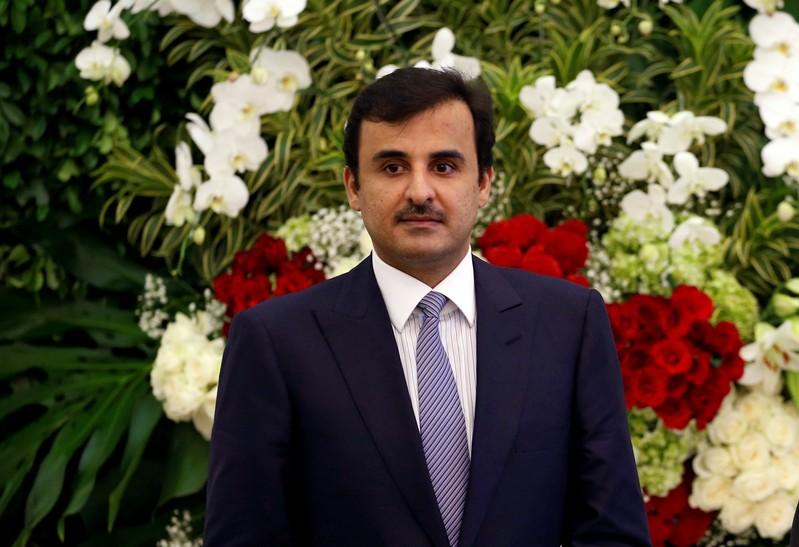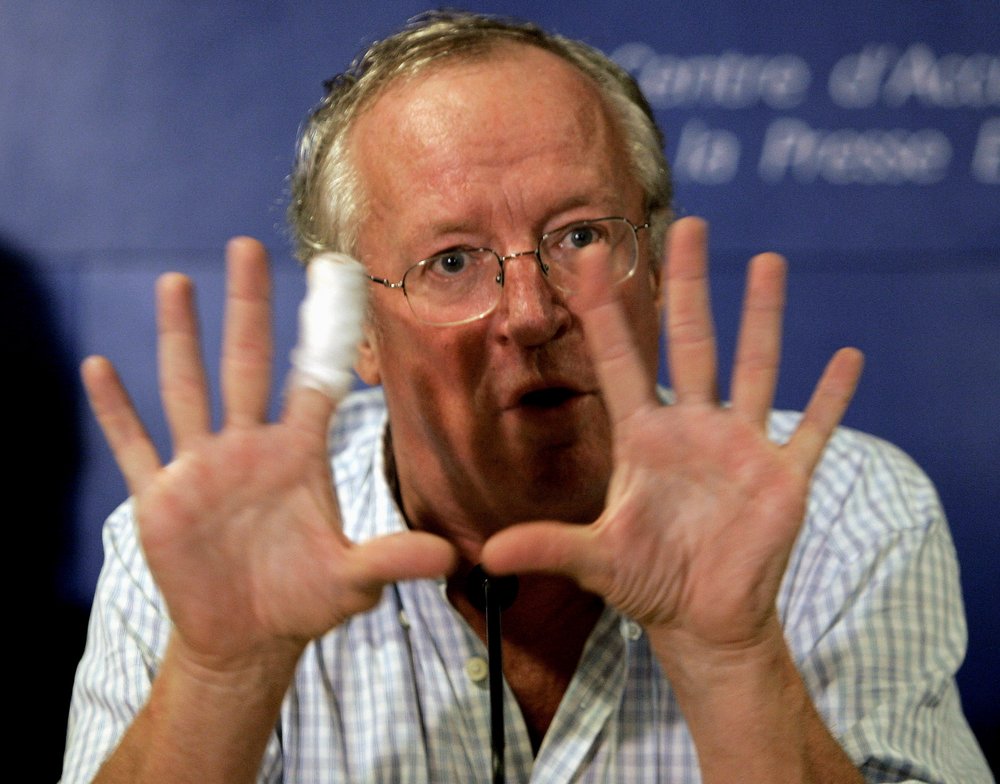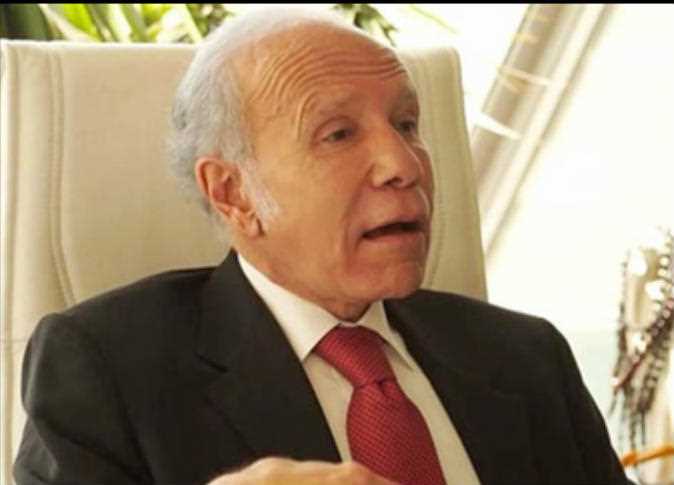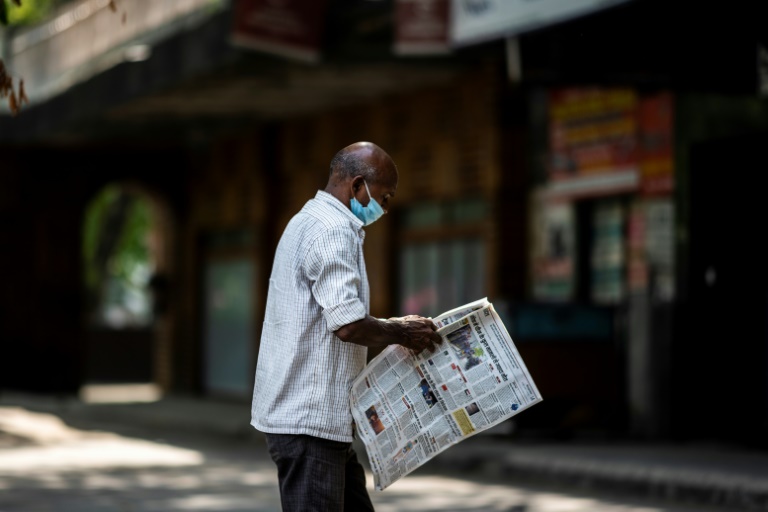Egypt’s newspapers celebrate the New Year with a recount of the last year’s turbulent events, while the attack over a contentious draft law for protesting is still being slammed by political forces and dissidents.
The privately owned Al-Watan highlights six different faces of Brotherhood-affiliated President Mohamed Morsy, as well as three paths that Egypt has taken in 2012.
The dissident newspaper describes Morsy as the imam who had 60 speeches since he ascended to power, using, according to Al-Watan, a discourse similar to the Ummayads when they threatened the opposition. The paper quotes political analyst Hassan Abo Talib as saying he wanted to be different from Mubarak, a style that may be admired by the poor, but turned negative after he was attacked in a New Cairo mosque near his home.
The paper also describes him as a dictator following the contentious constitutional declaration that he issued in November granting him sweeping powers, a lover when he asked the people to hug and love each other in one of his televised appearances, a contradictory person, a person who reneges on his decisions, and one who obeys the Brotherhood.
Al-Sabah newspaper, in turn, describes 2012 as “The Year of Contradictions,” citing the Brotherhood’s loss of street support but gain in votes at the ballot boxes, and makes references to the “Brotherhood’s militias” killing Ettehadiya palace protesters and then walking in their funerals as well.
The privately owned paper believes that “the dreams of the poor are prohibited,” referring to the lack of social justice almost two years after a revolution that called for it, and cites accounts of families living in slums and street children fighting to exist in the barren streets of Cairo.
The state owned Al-Gomhurriya uses a more optimistic tone, describing the last days of 2012 as good days, with expectations of a Cabinet reshuffle to be announced in hours that could include six ministries. The newspaper also denied reports that Egypt was excluded from the International Tourism Organization listing of tourist-destination countries.
Meanwhile, a contentious draft law to organize protests and sit-ins that was published in media outlets is slammed by opposition forces and rights organizations across Egypt’s newspapers on Tuesday.
The party-affiliated Al-Wafd describes the draft law as a “foundling,” in reference to the Shura Council’s denial of any intention to discuss the draft law in the first place. The newspaper cites a “contradiction” in the council’s denial and the schedule of the council’s human rights committee meetings showing that the draft law is to be discussed. Sources inside the committee told Al-Wafd that this means a “hold-up” by the committee over the powers of the parliament instead of opposing such a draft law.
The privately owned Al-Tahrir newspaper slams the 27 article draft law that allows security forces to attend political party meetings, citing lawyers and experts who believe that the draft law shows the ruling regime’s fears of facing the same fate as Mubarak’s ousted regime.
The draft law limits the times of protests from 7 am to 7 pm and gives police wide powers to stop protests or intervene to end public meetings if deemed not in accordance with “general discipline.” Al-Tahrir quotes former State Council Judge Mohamed al-Gamal as saying the law is unconstitutional. He adds that the law contradicts with Article 50 of the newly amended constitution that gives the right to organize protests and meeting with a notification only, without detailing the numbers of protesters, the place and time of the protest. “The proposed law turns the notification to permission and gives police the right to reject the notification without giving reasons,” he said.
Al-Sabah says that the draft law is “turning to a mystery” since Justice Minister Ahmed Mekky denies the government’s intention to present any such draft laws to the Shura Council, while council members disagree over its existence.
The newspaper quotes the head of the council’s Human Rights Committee Ihab al-Kharrat as denying the committee’s intentions to discuss such a law, saying that he knew that committee and FJP member Ezz Eddin al-Koumy presented some amendments to a similar draft law presented by the Ministry of Interior earlier, “but I did not look at the amendments yet.”
According to the paper, FJP leader and council member Essam al-Erian denied that FJP is preparing the law, but the party’s legal committee head Moukhtar al-Ashry confirmed that the committee already prepared the draft law, but does not know if it was presented to the party’s parliamentarian bloc or not.
Egypt’s papers:
Al-Ahram: Daily, state-run, largest distribution in Egypt
Al-Akhbar: Daily, state-run, second to Al-Ahram in institutional size
Al-Gomhurriya: Daily, state-run
Rose al-Youssef: Daily, state-run
Al-Dostour: Daily, privately owned
Al-Shorouk: Daily, privately owned
Al-Watan: Daily, privately owned
Al-Wafd: Daily, published by the liberal Wafd Party
Youm7: Daily, privately owned
Al-Tahrir: Daily, privately owned
Al-Sabah: Daily, privately owned
Freedom and Justice: Daily, published by the Muslim Brotherhood's Freedom and Justice Party
Sawt al-Umma: Weekly, privately owned
Al-Arabi: Weekly, published by the Nasserist Party
Al-Nour: Official paper of the Salafi Nour Party




